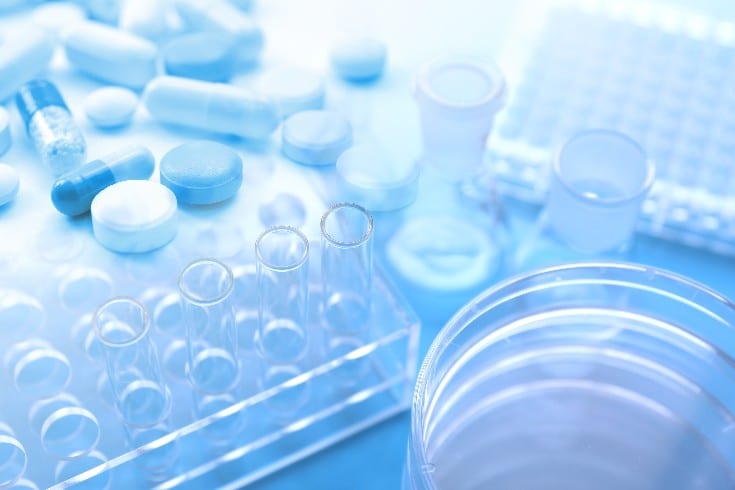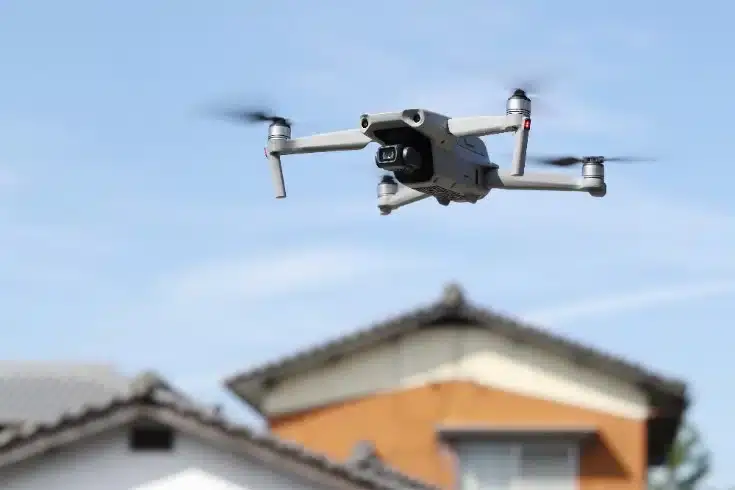How are 'Pharmaceuticals','Quasi-Drugs' and 'Cosmetics' Distinguished in Japan?

The Pharmaceutical and Medical Device Act, officially known as the “Act on Securing Quality, Efficacy and Safety of Products Including Pharmaceuticals and Medical Devices” in Japan, classifies various products into “Pharmaceuticals,” “Quasi-Drugs,” and “Cosmetics.” This distinction is very important in relation to advertising regulations.
Distinguishing Between “Pharmaceuticals,” “Quasi-Drugs,” and “Cosmetics”
“Pharmaceuticals” refers to drugs containing medically effective ingredients that provide therapeutic or preventive effects. “Quasi-Drugs” refers to products that do not qualify as “Pharmaceuticals,” but are comparable to them. They occupy a position between “Cosmetics” and “Pharmaceuticals.” “Cosmetics” refers to products developed for the purpose of beauty. A crucial point in distinguishing these three categories and their relationship with advertising is that “Pharmaceuticals” and “Quasi-Drugs” can mention their active ingredients, whereas “Cosmetics” cannot make claims using the term “active ingredient.”
Moreover, so-called “cosmetics” are classified by the Pharmaceutical and Medical Device Act in Japan into “Cosmetics” and “Medicated Cosmetics.” “Cosmetics” expects effects such as skin moisturization and cleansing across the entire product. On the other hand, “Medicated Cosmetics” have “active ingredients” that add effects like preventing skin irritation or acne, whitening, deodorising, etc., in addition to the expected effects of cosmetics. They are classified as “Quasi-Drugs,” occupying a position between cosmetics and pharmaceuticals.
Definition of “Pharmaceuticals” under Japan’s Pharmaceutical and Medical Device Act

How are “Pharmaceuticals” and “Quasi-Drugs” defined?
“In this law, ‘Pharmaceuticals’ refers to the following:
1. Items contained in the Japanese Pharmacopoeia
2. Items intended for the diagnosis, treatment, or prevention of diseases in humans or animals, and that are not mechanical appliances, etc. (meaning mechanical devices, dental materials, medical supplies, sanitary supplies, and programs (instructions for electronic computers, combined to obtain a result. The same shall apply hereafter.) and the recording media on which they are recorded. The same shall apply hereafter.) (excluding Quasi-Drugs and regenerative medicine products.)
3. Items intended to affect the structure or function of the body of humans or animals, and that are not mechanical appliances, etc. (excluding Quasi-Drugs, Cosmetics, and regenerative medicine products.)” Pharmaceutical and Medical Device Act, Article 2, Paragraph 1
As defined above, under the Pharmaceutical and Medical Device Act in Japan, “Pharmaceuticals” refers to products intended for “the diagnosis, treatment, or prevention of diseases in humans or animals” or “affecting the structure or function of the body of humans or animals.” This point is crucial, and “Pharmaceuticals” are defined as “things used for such purposes.”
Furthermore, supplements are auxiliary food products designed to replenish nutrients that may not be fully obtained through a regular diet. They do not fall under the above definition and are therefore classified as “Food,” not “Pharmaceuticals.” This means that consuming supplements is not an act intended for the prevention or improvement of diseases but an act aiming to fill nutritional gaps. Consequently, supplements do not qualify as “Pharmaceuticals” and thus do not adhere to the legal regulations pertaining to “Pharmaceuticals.” This establishes their distinct status.
Definition of “Quasi-Drugs” under Japan’s Pharmaceutical and Medical Device Act
“In this law, ‘Quasi-Drugs’ refer to items that exhibit mild effects on the human body, as listed below:
1. Items used for the purposes outlined from (i) to (iii) below and that are not mechanical appliances, etc. (excluding those also used for the purposes defined in the previous paragraph, items 2 or 3.) i. Prevention of nausea or other discomforts, or prevention of bad breath or body odour ii. Prevention of heat rash or chafing, etc. iii. Prevention of hair loss, promoting hair growth, or hair removal
2. Items used for the purpose of exterminating rodents, flies, mosquitoes, fleas, or similar organisms for the protection of human or animal health (excluding those also used for the purposes defined in the previous paragraph, items 2 or 3,) and that are not mechanical appliances, etc.
3. Items used for the purposes defined in the previous paragraph, items 2 or 3, designated by the Minister of Health, Labor, and Welfare (excluding those listed in the previous two items.)”
Pharmaceutical and Medical Device Act, Article 2, Paragraph 2
Examples of items that fall under this category include vitamin supplements, hair removal products, hair colours, and antiperspirants. Also, the term “medicated” is a label recognized for “Quasi-Drugs,” so items other than medicated cosmetics are also considered “medicated = Quasi-Drugs.” Therefore, medicated soaps and toothpastes qualify as “Quasi-Drugs.”
Definition of “Cosmetics” under Japan’s Pharmaceutical and Medical Device Act
“In this law, ‘Cosmetics’ refer to items intended to cleanse the human body, beautify, enhance attractiveness, change appearance, or maintain the health of the skin or hair by means of application, sprinkling, or similar methods, with mild effects on the human body. However, this excludes items that also serve the purposes defined in paragraph 1, items 2 or 3, as well as Quasi-Drugs.”
Pharmaceutical and Medical Device Act, Article 2, Paragraph 3
As defined above, under the Pharmaceutical and Medical Device Act, “Cosmetics” include items used to wash or beautify the body, such as shampoos, body soaps, lotions, emulsions, and foundations. Examples of these items include, as mentioned, lotions, foundations, shampoos, conditioners, lip creams, and perfumes.
In the case of cosmetics, certain rules based on the law are established for product advertising via the internet or flyers, due to the characteristic of targeting a broad audience without specialised knowledge.
Relationship with Advertising Regulations
The legal regulations concerning advertising differ for “Pharmaceuticals,” “Quasi-Drugs,” and “Cosmetics,” including details such as the listing of active ingredients. Business operators must clearly distinguish between these categories and adhere to the advertising standards set for each.
Category: General Corporate





















